Synthetic cannabinoids linked to acute kidney injury
<
>
Related
Email Newsletter
Stay up-to-date with the latest news and information from the drug testing industry by subscribing to Results, our monthly newsletter.
 Your Privacy Choices
|
Privacy Notices
|
Terms
|
Language Assistance / Non-Discrimination Notice | Asistencia de Idiomas / Aviso de no Discriminación | 語言協助 / 不䈚視通知
Your Privacy Choices
|
Privacy Notices
|
Terms
|
Language Assistance / Non-Discrimination Notice | Asistencia de Idiomas / Aviso de no Discriminación | 語言協助 / 不䈚視通知
Quest, Quest Diagnostics, any associated logos, and all associated Quest Diagnostics registered or unregistered trademarks are the property of Quest Diagnostics. All third-party marks — ® and ™ — are the property of their respective owners. © 2000-2025 Quest Diagnostics Incorporated. All rights reserved.


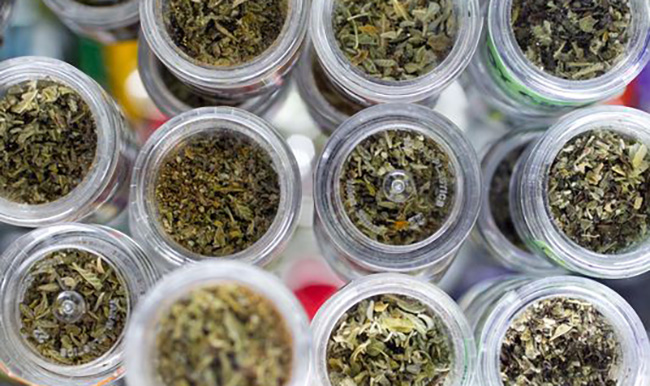





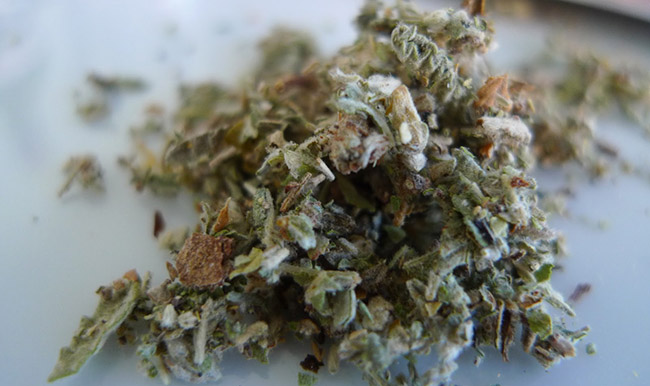

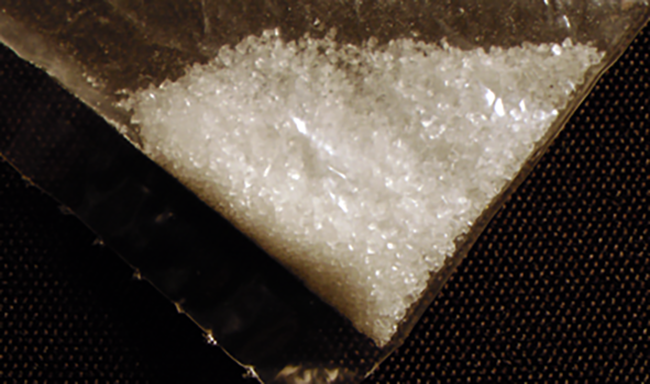
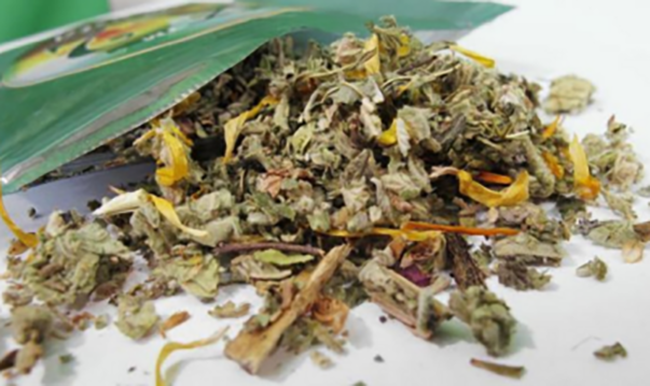
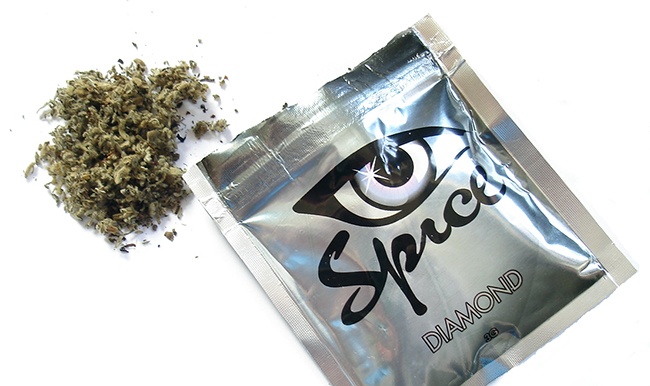

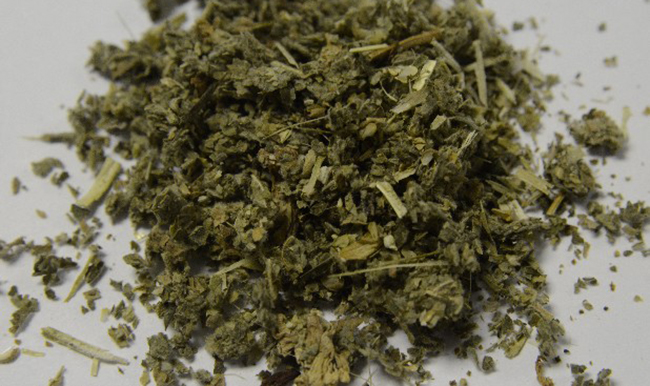




This pattern was identified through collaboration among several state public health officials, poison center toxicologists, forensic laboratory scientists, individual clinicians, and the Arkansas K2 Research Consortium. The CDC now encourages physicians to inquire about synthetic marijuana use when a young, typically healthy, patient presents with acute kidney injury.
Synthetic cannabinoids are psychoactive man-made chemicals dissolved in solvent, applied to dried plant material, and, most often, smoked or inhaled as a drug of abuse. According to the CDC, most reports of adverse events related to synthetic cannabinoids have been neurologic, cardiovascular, or sympathomimetic.
The full report from the CDC is available online.
Dr. Barry Sample is the Director of Science and Technology for Quest Diagnostics Employer Solutions. View full profile.
For more information about drug testing, visit our website.